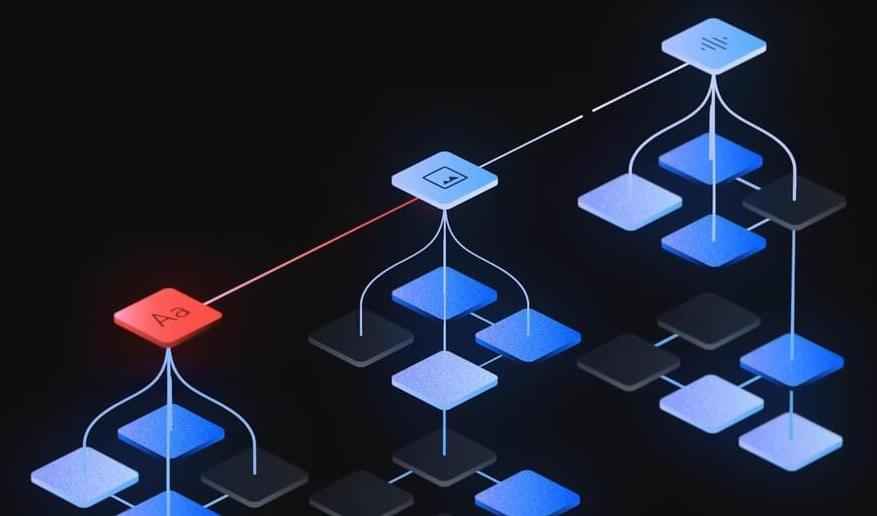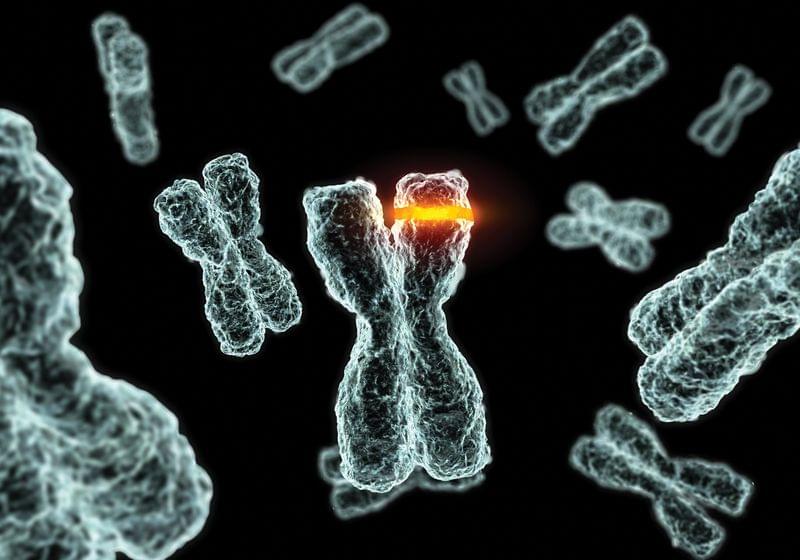Share your videos with friends, family, and the world.
Category: futurism – Page 413
Tesla’s Game-Changing Impact on Investor Mindset
Tesla’s popularity among retail investors and its significant net inflows indicate a shift in investor mentality towards seeking outsider opportunities and a strong belief in the company’s disruptive technology and future potential.
Questions to inspire discussion.
Why are retail investors heavily investing in Tesla stock?
—Retail investors are heavily investing in Tesla stock due to its disruptive technology and potential for future growth, with one investor doubling his position and believing that competitors won’t be able to beat Tesla’s technology.


AI and Us: Overcoming Concerns to Embrace the Future of Technology
As the prominence of Artificial Intelligence (AI) continues to rise in our society, so do the concerns about its implications. Therefore, addressing these fears requires a multi-faceted approach, combining careful design, transparent practices, robust regulation, and thoughtful ethical guidelines.
Below is a list of 20 potential effects AI could have on society, concerns raised by many, and how they could or are currently being overcome.
Ultimately, the goal is to navigate the AI-driven future responsibly, building a society where technology serves human needs effectively and ethically.


Google Gemini Pro falls behind free ChatGPT, says study
A recent study by Carnegie Mellon University (CMU) shows that Google’s latest large language model, Gemini Pro, lags behind GPT-3.5 and far behind GPT-4 in benchmarks.
The results contradict the information provided by Google at the Gemini presentation. They highlight the need for neutral benchmarking institutions or processes.
Gemini Pro loses out to GPT-3.5 in benchmarks.


A New Navy Weapon Actually Stops You From Talking
Developed in 2019 but only just discovered, this US Navy device can make people stop talking, apparently.
